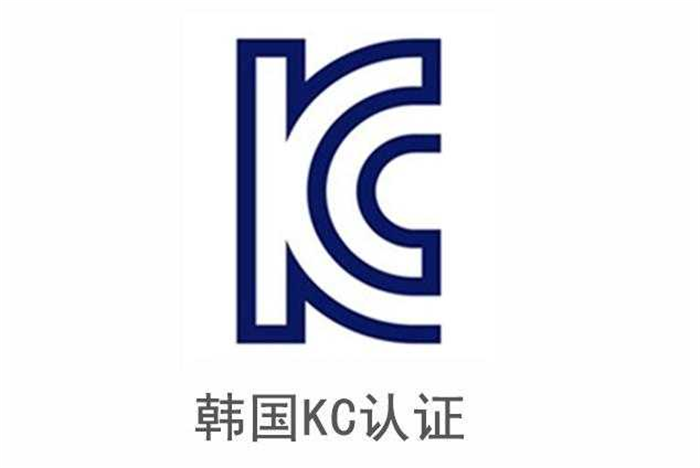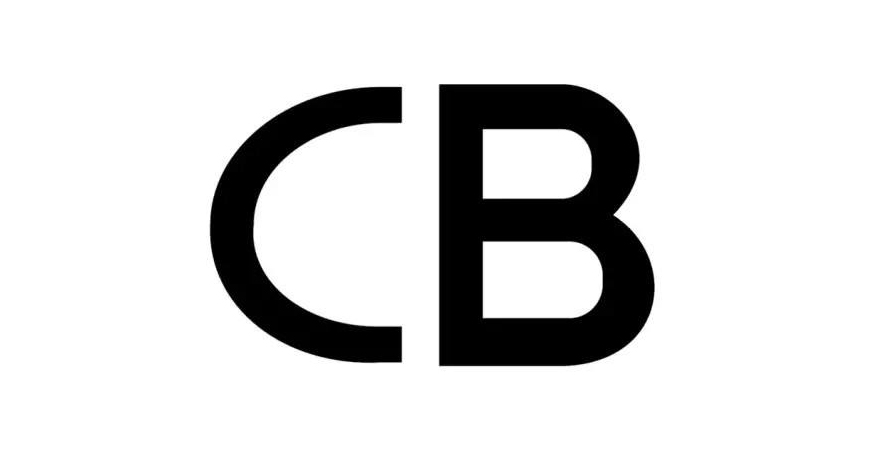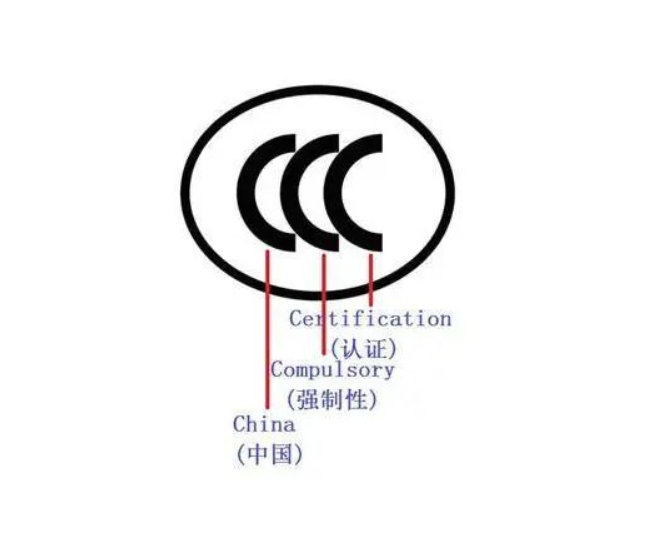As a core component in portable electronic devices, new energy storage and other fields, 18650 cylindrical batteries must pass the mandatory KC certification if they want to enter the South Korean market. This certification system is an important mechanism for South Korea to ensure market access, with clear regulations on product safety and compliance.

The KC certification is led by the Ministry of Knowledge Economy of South Korea and implemented in accordance with the Electrical Appliance Safety Management Act. Its core objective is to screen qualified products through unified standards and reduce safety hazards. For 18650 cylindrical batteries, uncertified products not only fail to clear customs in South Korea but are also prohibited from being sold within the country. Products that are circulated in violation of regulations will face detention, fines or even large-scale recalls, causing irreversible damage to the brand reputation of enterprises.
To apply for KC certification, the following standardized procedures must be followed: enterprises first need to submit technical documents such as product specification sheets, design drawings, and factory inspection reports; After the initial review by the certification body is passed, representative samples need to be sent for testing. For products that fail the inspection, enterprises need to make rectifications based on the report and resubmit them for inspection. The products that pass the comprehensive assessment will be awarded a certification certificate, which is usually valid for five years and will be subject to irregular supervision and inspection during this period.
Certification testing is carried out around four core dimensions: Performance testing focuses on indicators such as capacity, charge and discharge efficiency, and cycle life to ensure that the product meets basic usage requirements; Safety tests simulate extreme scenarios such as overcharging, short circuits, needle pricks, and high-temperature environments to verify the battery's risk resistance capability. The environmental adaptability test examines the stability within the temperature range of -20 ℃ to 60℃ and under different humidity conditions. Electromagnetic compatibility testing requires that the battery neither interferes with peripheral devices nor can resist external electromagnetic influences.
For enterprises planning to expand into the South Korean market, the KC certification for 18650 cylindrical batteries is not only a compliance requirement but also a strong proof of product quality. Strictly following the certification process and perfecting technical details are necessary prerequisites for smoothly entering the South Korean market.












